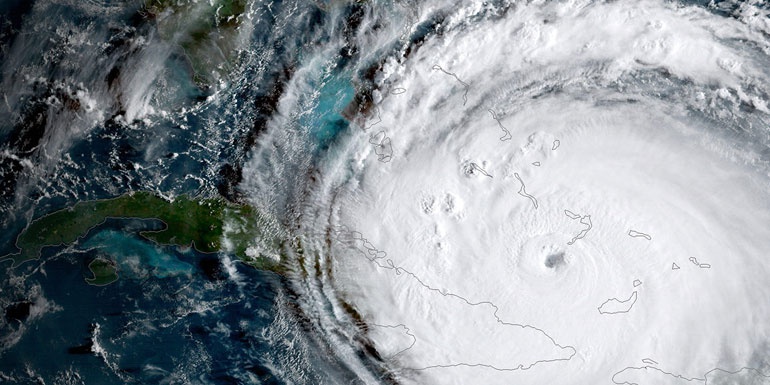Studies of climate change litigation have proliferated over the past two decades, as lawsuits across the world increasingly bring policy debates about climate change mitigation and adaptation, as well as climate change-related loss and damage to the attention of courts.
In a 2019 article, we were the first to systematically review key literature on climate change litigation over the last 20 years.
We build on this to identify new horizons for a forward-looking research agenda. We highlight key research trajectories and identify opportunities for interdisciplinary engagement in developing theory, in expanding our empirical knowledge of the phenomenon and in promoting the application of a range of methodological approaches that will build on existing knowledge.
Our review is based on a two-step process. First, we draw on a systematic review of 130 academic articles on climate change litigation published in English in the law and social sciences between 2000 and the end of September 2018.

Second, we situate this within the broader academic literature on the topic and draw on our knowledge of research in related fields.
The review shows that it is possible to observe different trajectories that the climate litigation literature has been following: from a dominance by legal scholars to a growing interdisciplinarity; from a focus on certain types of cases and key players— namely plaintiffs resorting to the courts to press for concrete action in order to tackle climate change—to a broadening of the range of actors studied and greater attention being paid to the full range of motivations and/or strategic imperatives behind their legal challenges.

While early work paid close attention to the causes of action, arguments about standing, and the difficulty with establishing causality in climate change lawsuits, more recent research has engaged with a broader set of questions about the relationship between legislation, regulation and lit- igation domestically and the potential for climate litigation to contribute to effective enforcement of international climate law.
This review highlights a number of gaps in existing research and suggests that building bridges between disciplinary approaches is a fruitful way forward. For example, the bodies of literature on the “climate change regime complex,” “polycentric governance of climate change,” and “climate justice” have largely ignored the governance and normative roles that can be played by judiciaries and the litigants that prompt them to action. Yet we know from other areas of research, such as in the field of human rights, that domestic and international courts and those who appear before them matter. The socio-legal literature shifts focus onto the agents that mobilize the law, which helps us better understand why some issues are brought before the courts while others are not. But socio-legal scholars have only relatively recently begun to explore the field of climate policy. Emerging research suggests important interdisciplinary potential in terms of the types of questions being asked and the variety of actors receiving analytical attention. Finally, methodological questions about how to define and measure the “impact” of climate change litigation are starting to be debated both within and across disciplines.
- Read the full article here: Setzer, J., & Vanhala, L. C. (2019). Climate change litigation: A review of research on courts and litigants in climate governance, Wiley Interdisciplinary Reviews: Climate Change, 10(3), pp. 1–19, https://doi.org/10.1002/wcc.580





